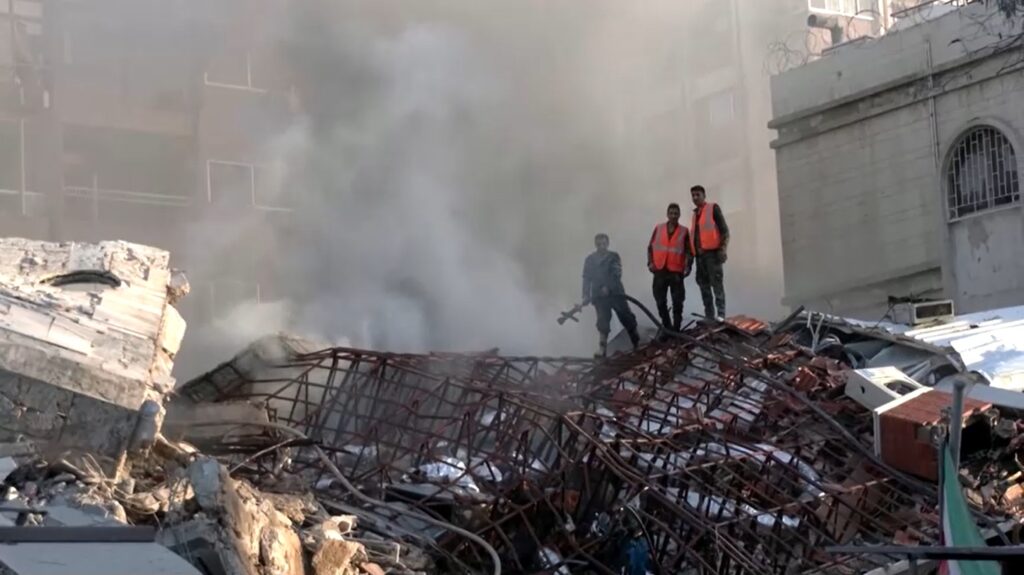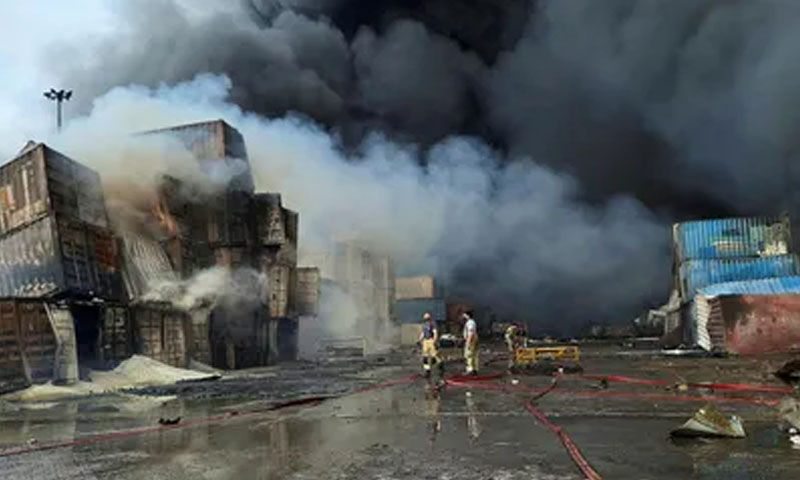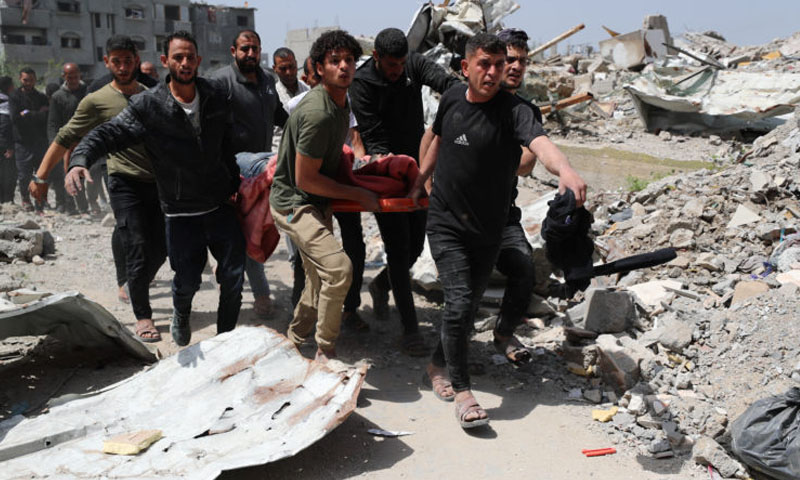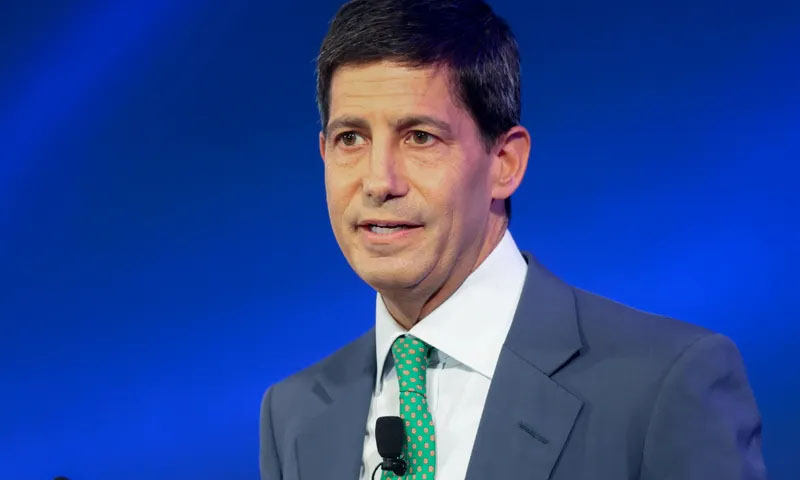- Web Desk
- Today
Escalating Middle East tensions prompt global calls for restraint
-

- Reuters
- Apr 15, 2024

JERUSALEM/DUBAI/WASHINGTON: President Joe Biden warned Prime Minister Benjamin Netanyahu the US will not take part in a counter-offensive against Iran, an option Netanyahu’s war cabinet favors after a mass drone and missile attack on Israeli territory, according to officials.
The threat of open warfare erupting between the arch Middle East foes and dragging in the United States put the region on edge, triggering calls for restraint from global powers and Arab nations.
G7 leaders strongly condemn Iran’s attack on Israel
“The Middle East is on the brink. The people of the region are confronting a real danger of a devastating full-scale conflict. Now is the time to defuse and de-escalate,” United Nations Secretary-General Antonio Guterres told a Security Council meeting called on Sunday in response to the strikes.
Deputy US Ambassador to the UN Robert Wood called on the council to unequivocally condemn Iran’s attack.
“Let me be clear: if Iran or its proxies take actions against the United States or further action against Israel, Iran will be held responsible,” he said.
Still, Biden told Netanyahu the US would not participate in any Israeli counter-offensive against Iran over the attack, a White House official said.
Biden tells Netanyahu US would not take part in offensive response against Iran
US State Antony Blinken and Defense Secretary Lloyd Austin also spoke to counterparts including in Saudi Arabia, Turkey, Egypt and Jordan, stressing the need to avoid escalation, the importance of a coordinated diplomatic response, and emphasizing the US will continue to support Israel’s defense.
Israeli officials said Netanyahu’s five-member war cabinet favored retaliation in a meeting on Sunday, although the panel was divided over the timing and scale of any such response.
Two senior Israeli ministers signalled retaliation was not imminent and that Israel would not act alone.
“We will build a regional coalition and exact the price from Iran in the fashion and timing that is right for us,” centrist minister Benny Gantz said ahead of a war cabinet meeting.
Defence Minister Yoav Gallant also said Israel had an opportunity to form a strategic alliance “against this grave threat by Iran.”
Major Middle East airlines to resume flights after Iran’s attack on Israel
Israel remained on high alert, but authorities lifted some emergency measures that had included a ban on some school activities and caps on large gatherings.
Iranian army chief of staff Major General Mohammad Bagheri said on television, “Our response will be much larger than tonight’s military action if Israel retaliates against Iran,” and told Washington that its bases could also be attacked if it helped Israel retaliate.
Iranian Foreign Minister Hossein Amirabdollahian said Tehran had informed the United States its attack on Israel would be limited and for self-defence and that regional neighbours had been informed of its planned strikes 72 hours in advance.
Turkish, Jordanian and Iraqi officials said on Sunday that Iran gave wide notice days before the attack, but US officials said Tehran did not warn Washington and was aiming to cause significant damage.
The leaders of the Group of 7 nations condemned Iran’s attack and said they would work to stabilize the situation, warning in a statement that Tehran risked “an uncontrollable regional escalation.”
British jets shot down Iranian drones, PM Sunak says
In Gaza, Iran’s attack drew applause as rare payback for an Israeli offensive that has killed at least 33,000 people.
“We have been slaughtered for over six months and no one dared to do anything. Now Iran, after its consulate was hit, is hitting back at Israel and this brings joy into our hearts,” said Majed Abu Hamza of Gaza City.




